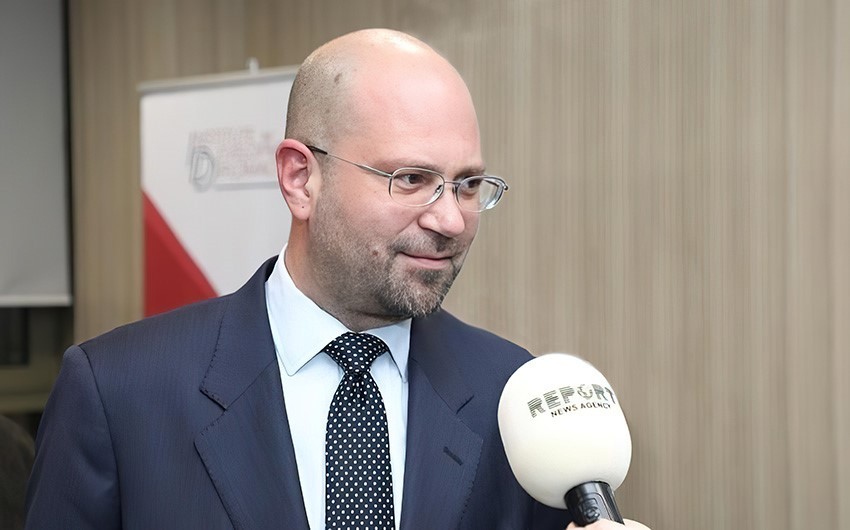The statement of President of the European Union Council Charles Michel following the Brussels meeting on May 14 suggests that the separatist hopes of the Karabakh Armenians and their supporters have faded, Damjan Krnjević, Director for Policy Research, Analysis and Publications of the Institute for Development and Diplomacy at the ADA University, told Report.
“The press statement made by President Michel after the Brussels meeting shows that the five peace principles that Azerbaijan put forward in February 2022 continue to be the exclusive basis of the negotiations.
The document says that Aliyev and Pashinyan 'confirmed their unequivocal commitment to the 1991 Alma-Ata Declaration.' The explicit mentioning of the square kilometer area of both countries means that Armenia accepts that the former NKAO is an integral part of Azerbaijan. This clearly means that the secessionist hope of the Karabakh Armenians and their supporters has been extinguished,” he said.
He noted that the entire paragraph of the Michel statement on what Baku calls the Zangazur Corridor is very encouraging.
“What still needs to be finalized, the document says, were some modalities—including customs arrangements—and a concrete timetable on construction. But the document indicates that Aliyev and Pashinyan agreed to instruct the technical negotiating teams to get this done. Presumably, it means that Michel and his team, and perhaps the Americans, will push Armenia not to renege on its commitment to actually achieve a breakthrough. The document does not indicate what, if any, role will be played by the Russian FSB Border Guard Service in this context, which, after all, is one of the provisions of Article 9 of the 10 November 2020 tripartite statement. In fact, the document does not mention Russia at all.
The document says absolutely nothing about the Lachin Corridor. I think this omission speaks for itself: nothing to do with Karabakh is Armenia’s business. The Michel statement also says nothing about any sort of new foreign on-the-ground monitoring presence or oversight or anything similar—whether in the context of the border delimitation or in the context of the Karabakh Armenian population,” Krnjević said.
“The statement did indicate Michel’s 'encouragement' for Azerbaijan to 'develop a positive agenda with the aim of guaranteeing the rights and security of this population, in close cooperation with the international community.' This, I believe, is a perfectly reasonable standard from the Azerbaijani perspective.
In the end, I want to caution that all this suggests that peace has never been closer, it does not necessarily mean that it is close enough. Many things can still go wrong. The upcoming ministerial meeting in Moscow is the next step. And there will be others, organized by Brussels—as indicated in the Michel statement—and probably by the Americans. But, overall, the trend is positive,” he added.


 https://static.report.az/photo/7880e8be-1fb3-3509-b37b-a6dd11462667.jpg
https://static.report.az/photo/7880e8be-1fb3-3509-b37b-a6dd11462667.jpg

